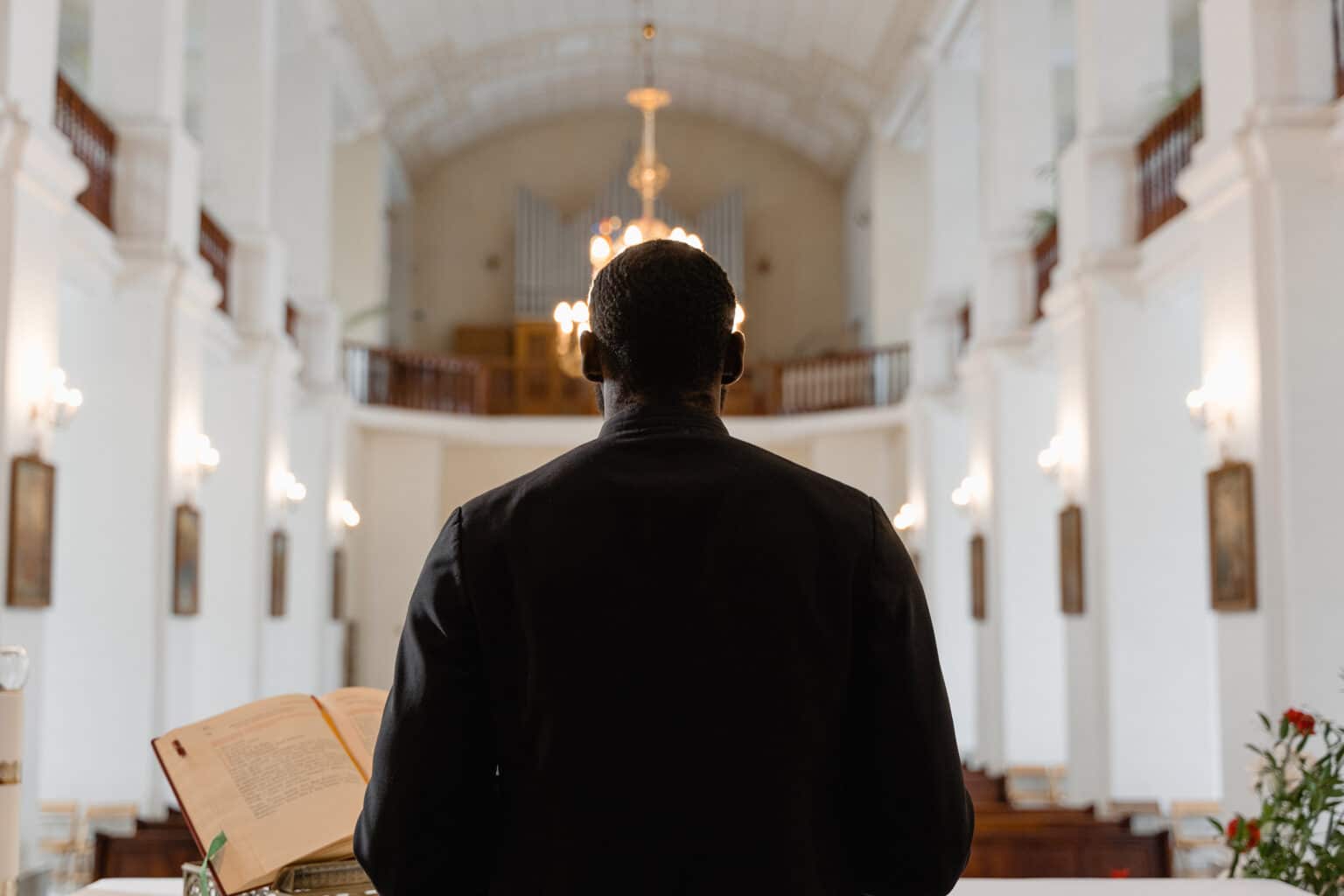Faith Under Fire: Churches Defy Odds, Predict Resilient Future

In a promising revelation for the Protestant church community, a recent study by Lifeway Research has uncovered an overwhelmingly optimistic outlook among church leaders. An impressive 94% of Protestant pastors express confidence that their churches will not only survive but thrive over the next decade.
This remarkable statistic speaks volumes about the resilience and hope within the Protestant church leadership. Despite facing numerous challenges in today's rapidly changing social and religious landscape, pastors remain steadfast in their belief in the continued relevance and sustainability of their congregations.
The research highlights the unwavering commitment of church leaders to their communities and their faith, suggesting a strong sense of purpose and potential for growth. Such optimism could be rooted in adaptive strategies, strong community connections, and a deep-seated belief in the enduring power of their religious mission.
While the study doesn't delve into the specific reasons behind this confidence, it provides a compelling snapshot of the Protestant church's current state of mind—one characterized by hope, determination, and a positive vision for the future.
